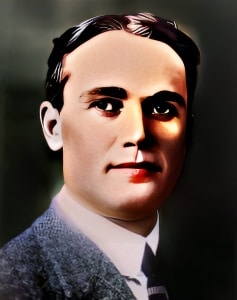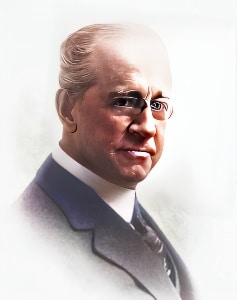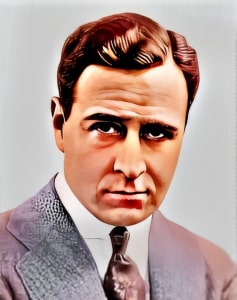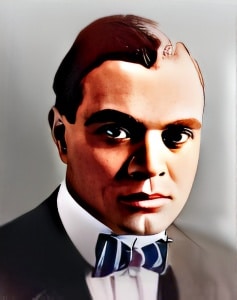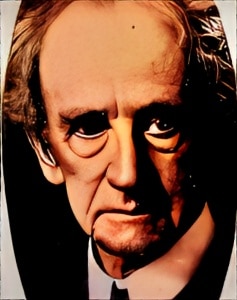 William Chrystie Miller, often recognized as the “Grand Old Man of the Photodrama,” was a prominent American silent film actor who made a lasting impact on the early years of cinema.
William Chrystie Miller, often recognized as the “Grand Old Man of the Photodrama,” was a prominent American silent film actor who made a lasting impact on the early years of cinema.
Born on August 10, 1843, in Dayton, Ohio, and passing away on September 23, 1922, in Staten Island, New York, his career spanned from 1908 to 1914, during which he appeared in a remarkable 139 films.
Miller’s filmography from this era was notable for his frequent collaborations with the pioneering director D.W. Griffith. His involvement in Griffith’s productions contributed to his reputation as a respected and recognizable figure in the silent film industry. Miller’s performances showcased his versatility and acting prowess, earning him a dedicated following among film audiences.
In addition to his film work, William Chrystie Miller had a notable presence on Broadway. In 1908, he portrayed the character Heinrich in the play “The Devil,” adding to his credentials as a versatile performer. His stage performances, along with his work in silent films, solidified his status as a distinguished actor during a transformative period in the entertainment world.
The nickname “Grand Old Man of the Photodrama” encapsulated Miller’s esteemed position in the emerging film industry. It reflected both his longevity in the field and the respect he garnered from his peers and audiences. As cinema evolved and matured, Miller’s contributions remained a touchstone for those who witnessed the burgeoning art of storytelling on the silver screen.
One of William Chrystie Miller’s notable film roles came in the 1909 film “A Corner in Wheat,” directed by D.W. Griffith. In this early cinematic work, Miller portrayed the character of the farmer’s father. The film delved into themes of wealth and poverty, highlighting the stark disparities in society. His performance contributed to the film’s success and its exploration of socially relevant topics.
Miller’s enduring legacy in the world of silent cinema is a testament to his dedication and talent. He navigated the evolving landscape of film during a period of remarkable transformation, leaving an indelible mark on the medium. His work with D.W. Griffith and his on-screen presence endeared him to audiences and cemented his place as a revered figure in the history of early American cinema.
The life and career of William Chrystie Miller serve as a reminder of the pioneering spirit and innovation that characterized the early days of filmmaking. His contributions continue to be celebrated, and his performances remain a testament to the enduring power of storytelling in the world of cinema.
Loading live eBay listings...

